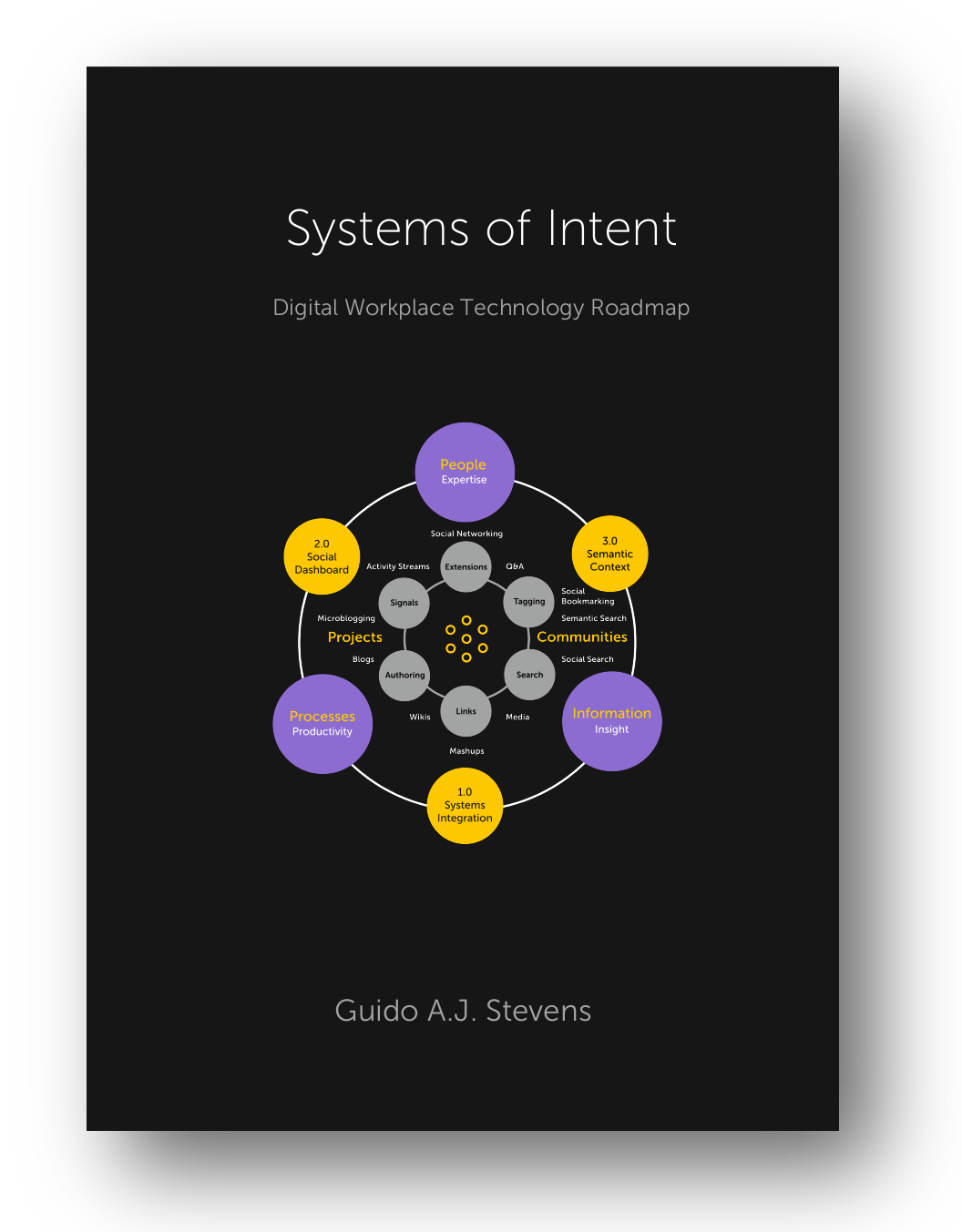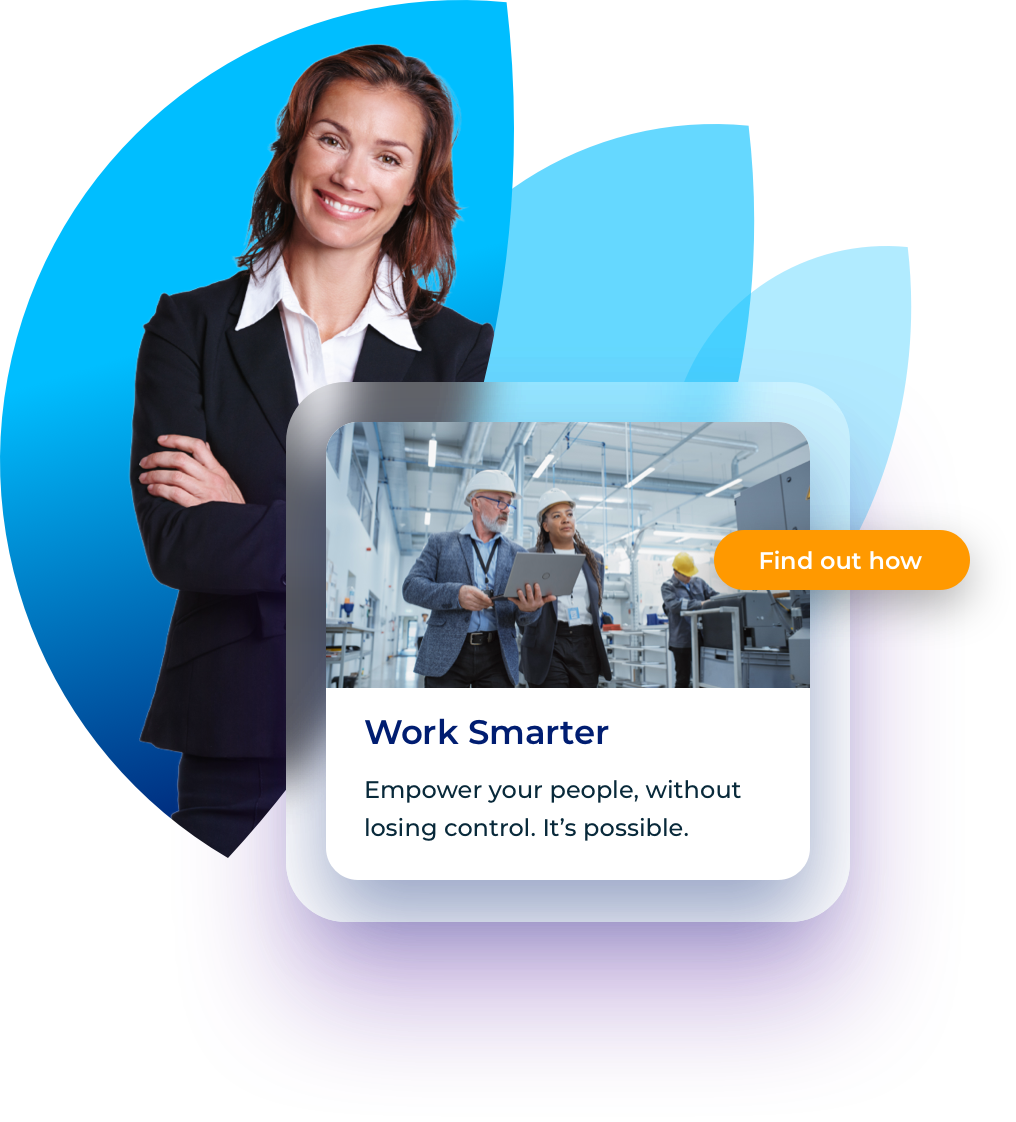
Guido Stevens articulated the conceptual blueprint for Quaive in Systems of Intent – Digital Workplace Technology Roadmap. This document, published in 2013, presents a comprehensive framework for enhancing knowledge management within organizations through digital transformation. The roadmap emphasizes the integration of social and knowledge technologies to create dynamic, responsive digital workplaces that adapt to evolving business needs. By aligning technical infrastructure with organizational intent, Stevens advocates for systems that not only manage information but also foster collaboration and innovation.
Central to this approach is the concept of “systems of intent,” which focuses on designing digital platforms that are purpose-driven and user-centric. The digital workplace technology roadmap outlines strategies for implementing these systems, including leveraging open-source technologies and adopting agile methodologies to ensure flexibility and scalability. The roadmap serves as a guide for organizations aiming to transform their digital environments into cohesive ecosystems that support continuous learning and knowledge sharing.

